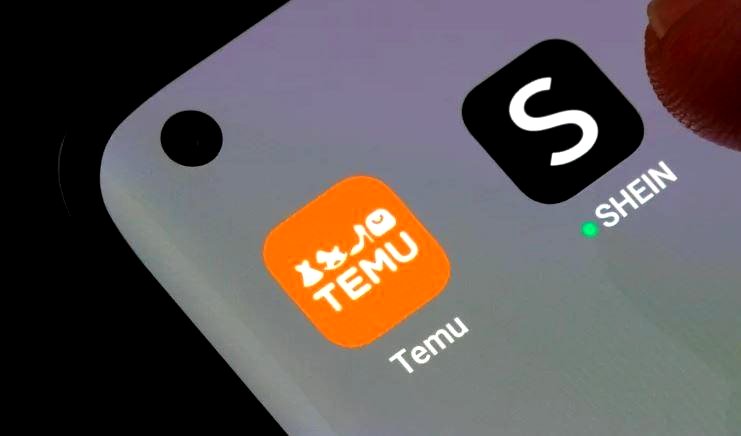
SHEIN invests US$85mn to empower communities globally
share on
Online fast-fashion marketplace, SHEIN has pledged to invest US$85 million in the next five years to empower communities across the globe. This is part of the company’s initiatives to support its “equitable empowerment” pillar, it said in a statement.
The “equitable empowerment” pillar, SHEIN stated, seeks to improve the lives of communities that are important to SHEIN and to create opportunities for people in these communities to reach their full potential. It aims to focus on aspiring designers, SHEIN’s supplier community, women, young people and the underprivileged. This is in addition to the US$70 million that the fast-fashion giant committed in April for similar efforts.
Don't miss: SHEIN to sell items from Forever 21 in new SPARC Group partnership
In the case of designers, SHEIN's incubator program, which initially launched in January 2021, has since attracted 3,000 designers and artists from over 20 countries to build their own brands. Along with supporting more designers, the funding will also support suppliers in Brazil, China, and Turkey in training and upskilling workers, as well as strengthening technology for production models, as stated by the company.
“At SHEIN, we aim to empower our different stakeholder communities with the tools, capabilities and funding to improve and change lives, whether in their personal or professional capacity,” said Molly Miao, chief operating officer at SHEIN. “This fund will support these communities to grow alongside SHEIN, towards a more equitable future.”
While SHEIN's investment aims to empower designers, the brand has also been in the news as of late for ripping off designers and selling those designs for much cheaper.
Just earlier this year in July, a group of designers sued SHEIN for a reported value of US$66 billion for allegedly stealing independent artists’ work. The designers, namely Krista Perry, Larissa Martinez and Jay Baron stated in their lawsuit, seen by MARKETING-INTERACTIVE, that the fast fashion brand’s design algorithm would not work if it did not make exact copies of designs made by independent designers, which could potentially damage the designers’ careers.
This is especially so because SHEIN’s AI capabilities allow it to “misappropriate the pieces with the greatest commercial potential,” the lawsuit stated. The lawsuit alleges that Shein’s practices violate the Racketeer Influenced and Corrupt Organizations Act (RICO). The law was enacted in 1970 and was first used against the American Mafia.
Seeking a jury trial, the designers stated in the lawsuit that SHEIN’s “misconduct is committed not by a single entity, but by a de-facto association of entities.” Therefore, they believe that RICO is relevant to this case because it was created to “address the misconduct of culpable individual cogs in a larger enterprise.”
Join #PRAsia on 2 November in Singapore and 8 November in Malaysia, connecting 100+ PR and communication leaders worldwide to share ideas, forge partnerships, and unlock endless possibilities.
Related articles:
SHEIN to sell items from Forever 21 in new SPARC Group partnership
H&M sues SHEIN for copyright infringement: Can legal action discourage 'copycats'?
SHEIN's parent firm urges Twitter to reveal identities behind impersonator accounts
share on
Free newsletter
Get the daily lowdown on Asia's top marketing stories.
We break down the big and messy topics of the day so you're updated on the most important developments in Asia's marketing development – for free.
subscribe now open in new window
